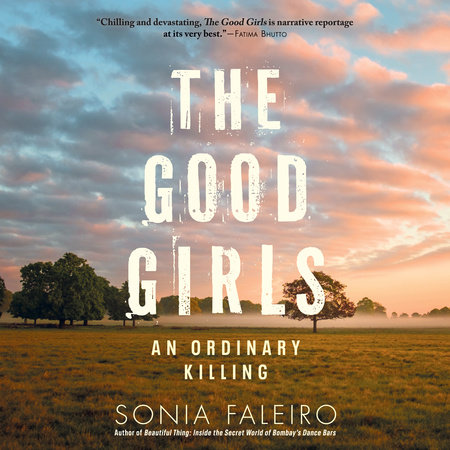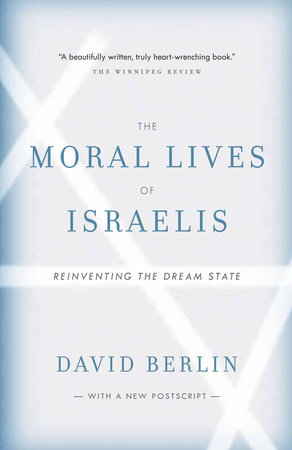

The Moral Lives of Israelis
By David Berlin
By David Berlin
Category: Middle Eastern World History | Biography & Memoir | World Politics

-
$17.95
Aug 14, 2012 | ISBN 9780307356307
Buy the Paperback:
YOU MAY ALSO LIKE
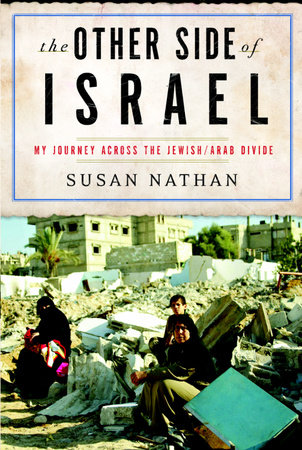
The Other Side of Israel
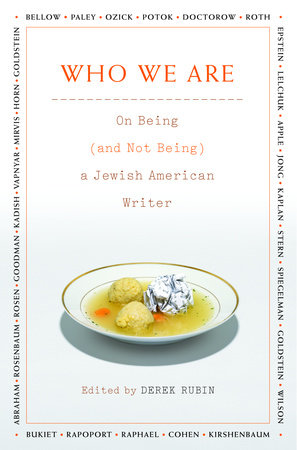
Who We Are
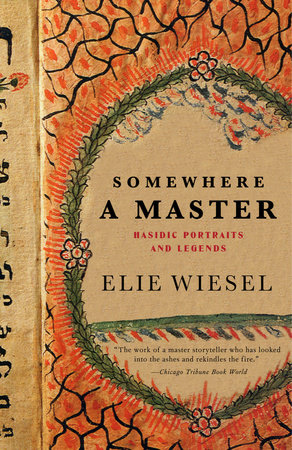
Somewhere a Master
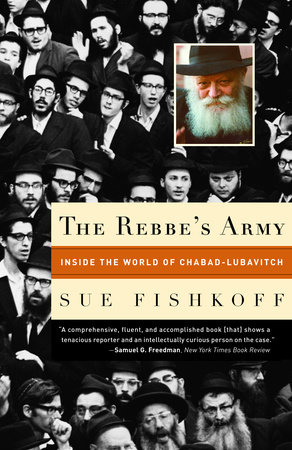
The Rebbe’s Army
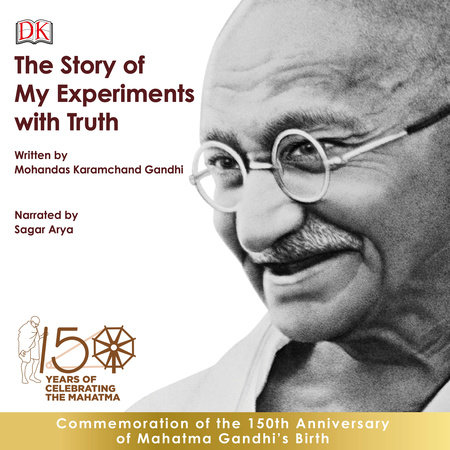
The Story of My Experiments with Truth: An Autobiography
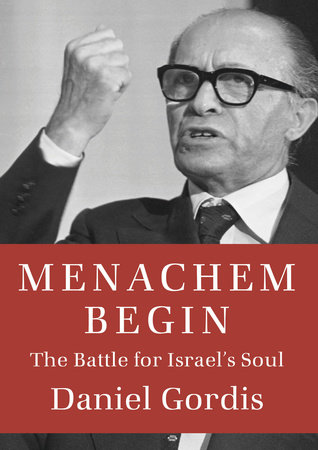
Menachem Begin
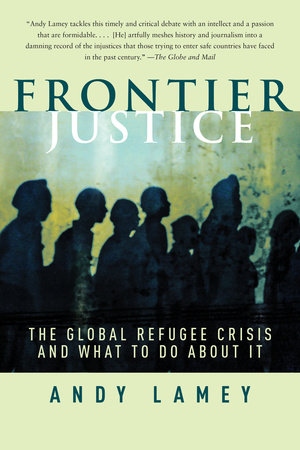
Frontier Justice
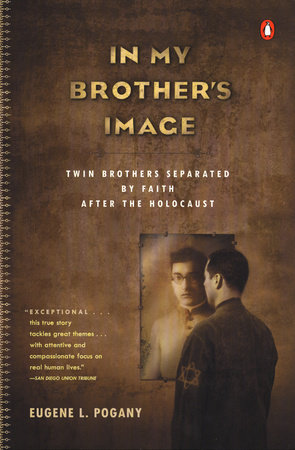
In My Brother’s Image
Praise
“David Berlin weaves together the personal, intergenerational, cultural, religious and political strands of a complicated story of passion and hope…. He invites us to take another look at worn-out solutions to this seemingly intractable conflict. It is a wonderful addition to the canon of writings on the Middle East.” The Rev. Dr. Bill Phipps, moderator, United Church of Canada, 1997-2000
“Berlin’s family history makes for the perfect example to illustrate the larger tale…. A beautifully written, truly heart-wrenching book.” The Winnipeg Review
21 Books You’ve Been Meaning to Read
Just for joining you’ll get personalized recommendations on your dashboard daily and features only for members.
Find Out More Join Now Sign In








